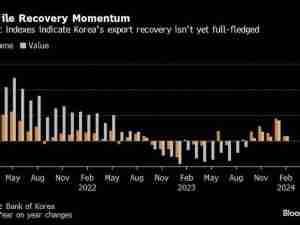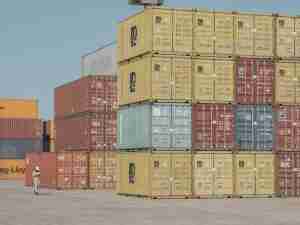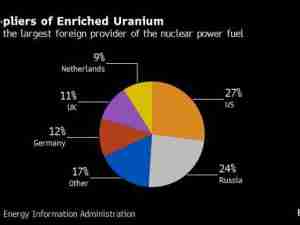The ruling is the latest in a series of defeats for the United States over zeroing, a method of calculating anti-dumping duties that is opposed by all other WTO members.
The consistent approach by WTO dispute panels and WHO's appellate body made the U.S. Department of Commerce discontinue zeroing last month in order to comply with the rulings.
But U.S. officials say they believe the appellate body has overstepped its powers in condemning zeroing, and are pushing in the current Doha round of trade negotiations for zeroing to be formally recognised. Doha will replace existing rules deriving from the previous Uruguay round negotiations.
"The United States considers that the Uruguay Round Antidumping Agreement permitted zeroing, and we will work hard to reaffirm the ability to use this practice through the negotiations," Carol Guthrie, spokeswoman for the U.S. Trade Representative, told Reuters in a recent comment.
In the ruling published, the dispute panel backed the U.S. contention that previous WTO panel and appellate ruling did not form binding precedents, but still concluded that the United States had broken trade rules.
The South Korean case, launched in 2009, involved duties imposed on stainless steel coils, sheets and strip.
Argentina, Brazil, Canada, Ecuador, the European Union, Japan, Mexico and Thailand have also won WTO disputes over zeroing with the United States.
WTO rules allow members to impose duties on goods that are dumped -- sold for less than they cost at home, if that damages businesses in the importing country.
Setting anti-dumping duties often involves comparing batches of goods. In zeroing, the authorities ignore examples where the imported goods actually cost more than they do at home, which critics say unfairly inflates the duties.
Zeroing is controversial even within the United States, as importers of consumer goods and components say it drives up the cost of their purchases, while exporters fear they could suffer retaliation if the United States pursues the policy. (Reuters)







